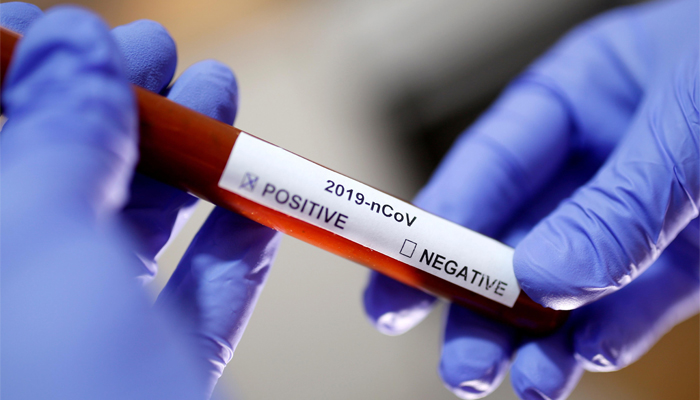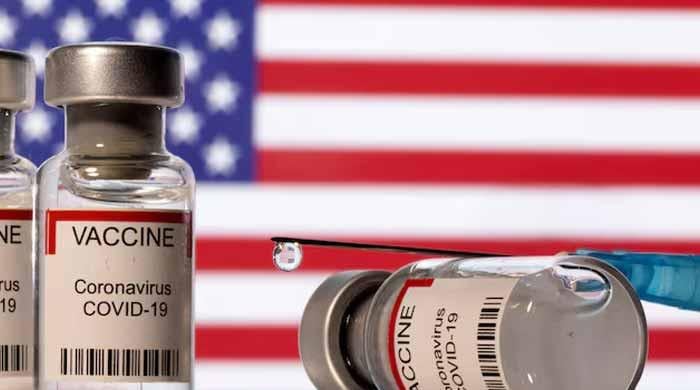Chinese official claims Fujifilm's flu drug helps coronavirus patients recover
Favipiravir was effective, with no obvious side-effects, in helping coronavirus patients recover, China’s Science and Technology Ministry official said
March 18, 2020

TOKYO/BEIJING: An active ingredient of Japanese company Fujifilm's Avigan anti-flu drug seemed to help coronavirus patients recover, a Chinese official said Wednesday, triggering a 15% surge in the company's stock.
Avigan, also known as Favipiravir, is manufactured by a subsidiary of Fujifilm, which has a healthcare arm although it is better known for its cameras. The drug was approved for use in Japan in 2014.
Favipiravir has been effective, with no obvious side-effects, in helping coronavirus patients recover, Zhang Xinmin, an official at China’s Science and Technology Ministry, told reporters at a news conference on Tuesday.
But a Fujifilm spokesperson said the company expects no direct earnings impact from potential sales growth of Favipiravir in China — at least for now — as its license for the key ingredient in the country already expired last year.
In Japan, Fujifilm manufactures Avigan only on receiving orders from the government and has no sales target for the drug, she said.
In a clinical trial in Shenzhen involving 80 participants, patients who took Favipiravir showed greater chest improvement and took less time to test negative for the genomic trace of the virus, compared with patients not given the drug, Zhang said.
However, according to The Guardian, a Japanese health ministry source said the drug was not as effective if symptoms were more severe. “We’ve given Avigan to 70 to 80 people, but it doesn’t seem to work that well when the virus has already multiplied,” the source said.
In 2016, the Japanese government supplied favipiravir as an emergency aid to counter the Ebola virus outbreak in Guinea.
Favipiravir, if it were to go ahead for full-scale use on COVID-19 patients, would required government approval as it was originally intended to treat flu.
A health official told the Mainichi Shimbun newspaper that the drug could be approved as early as May. “But if the results of clinical research are delayed, approval could also be delayed.”
First developed by Fujifilm Toyama Chemical Co Ltd, the drug has been approved for manufacturing in China by Zhejiang Hisun Pharmaceutical Co Ltd for use against new or recurring influenza in adults, the Chinese drug-maker said in a filing last month.









